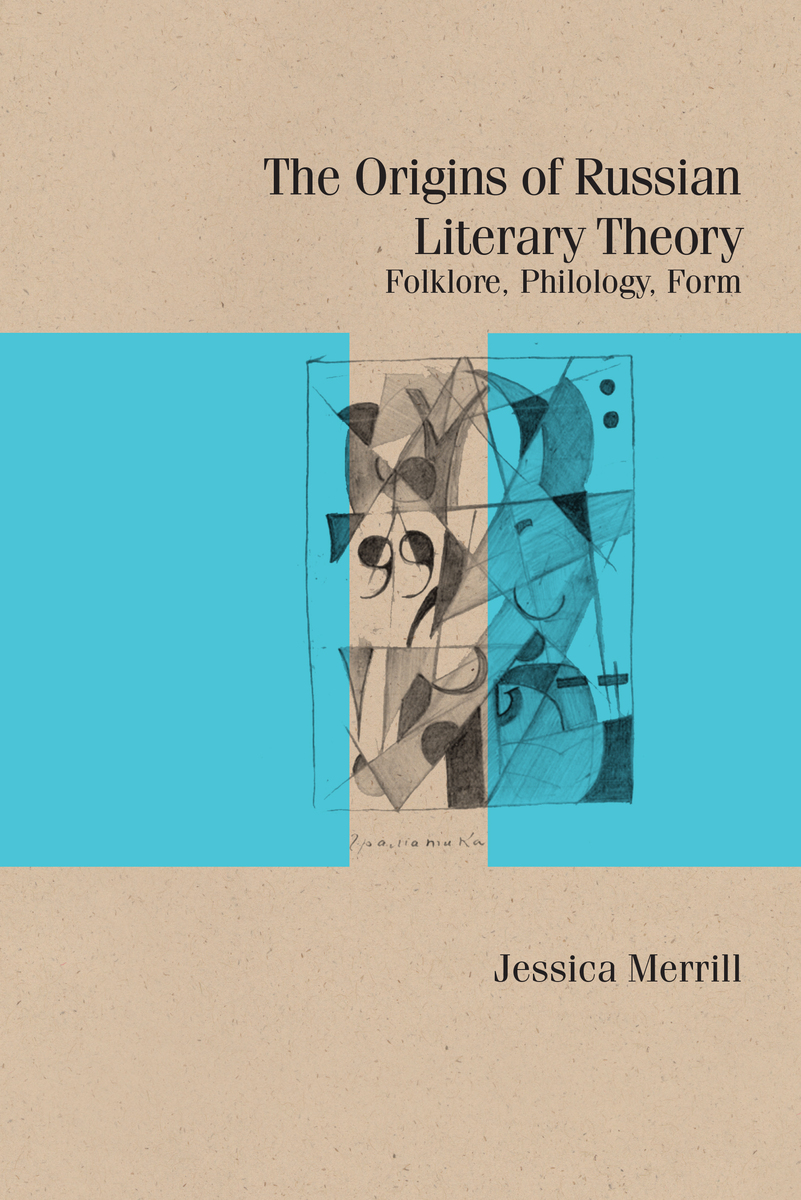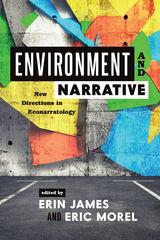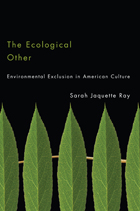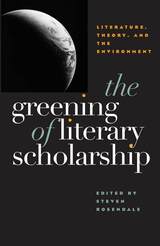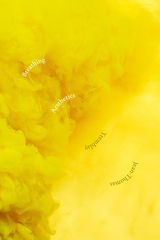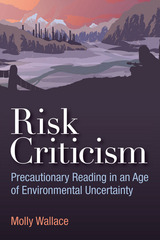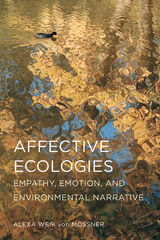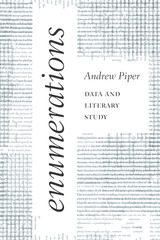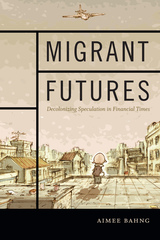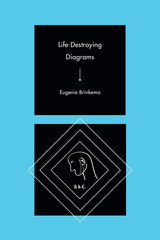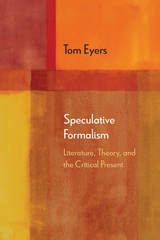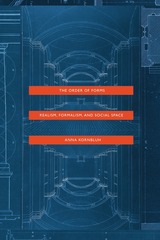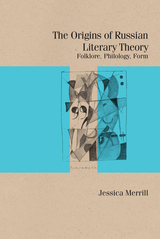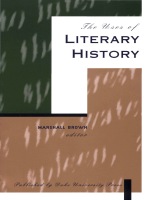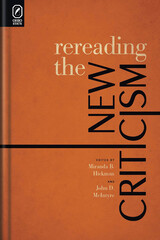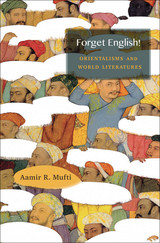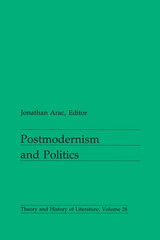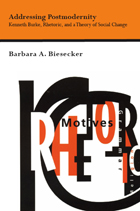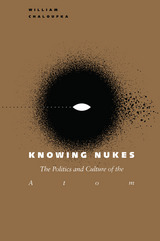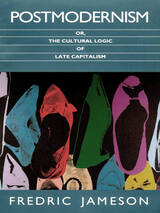The Origins of Russian Literary Theory: Folklore, Philology, Form
Northwestern University Press, 2022
Paper: 978-0-8101-4490-3 | Cloth: 978-0-8101-4491-0 | eISBN: 978-0-8101-4492-7
Library of Congress Classification PN98.F6M47 2022
Dewey Decimal Classification 801.950947
Paper: 978-0-8101-4490-3 | Cloth: 978-0-8101-4491-0 | eISBN: 978-0-8101-4492-7
Library of Congress Classification PN98.F6M47 2022
Dewey Decimal Classification 801.950947
ABOUT THIS BOOK | AUTHOR BIOGRAPHY | REVIEWS | TOC | REQUEST ACCESSIBLE FILE
ABOUT THIS BOOK
Russian Formalism is widely considered the foundation of modern literary theory. This book reevaluates the movement in light of the current commitment to rethink the concept of literary form in cultural-historical terms. Jessica Merrill provides a novel reconstruction of the intellectual historical context that enabled the emergence of Formalism in the 1910s. Formalists adopted a mode of thought Merrill calls the philological paradigm, a framework for thinking about language, literature, and folklore that lumped them together as verbal tradition. For those who thought in these terms, verbal tradition was understood to be inseparable from cultural history. Merrill situates early literary theories within this paradigm to reveal abandoned paths in the history of the discipline—ideas that were discounted by the structuralist and post-structuralist accounts that would emerge after World War II.
The Origins of Russian Literary Theory reconstructs lost Formalist theories of authorship, of the psychology of narrative structure, and of the social spread of poetic innovations. According to these theories, literary form is always a product of human psychology and cultural history. By recontextualizing Russian Formalism within this philological paradigm, the book highlights the aspects of Formalism’s legacy that speak to the priorities of twenty-first-century literary studies.
The Origins of Russian Literary Theory reconstructs lost Formalist theories of authorship, of the psychology of narrative structure, and of the social spread of poetic innovations. According to these theories, literary form is always a product of human psychology and cultural history. By recontextualizing Russian Formalism within this philological paradigm, the book highlights the aspects of Formalism’s legacy that speak to the priorities of twenty-first-century literary studies.
See other books on: Formalism (Literary analysis) | Origins | Russian Literary Theory | Russian literature | Theory, etc
See other titles from Northwestern University Press
